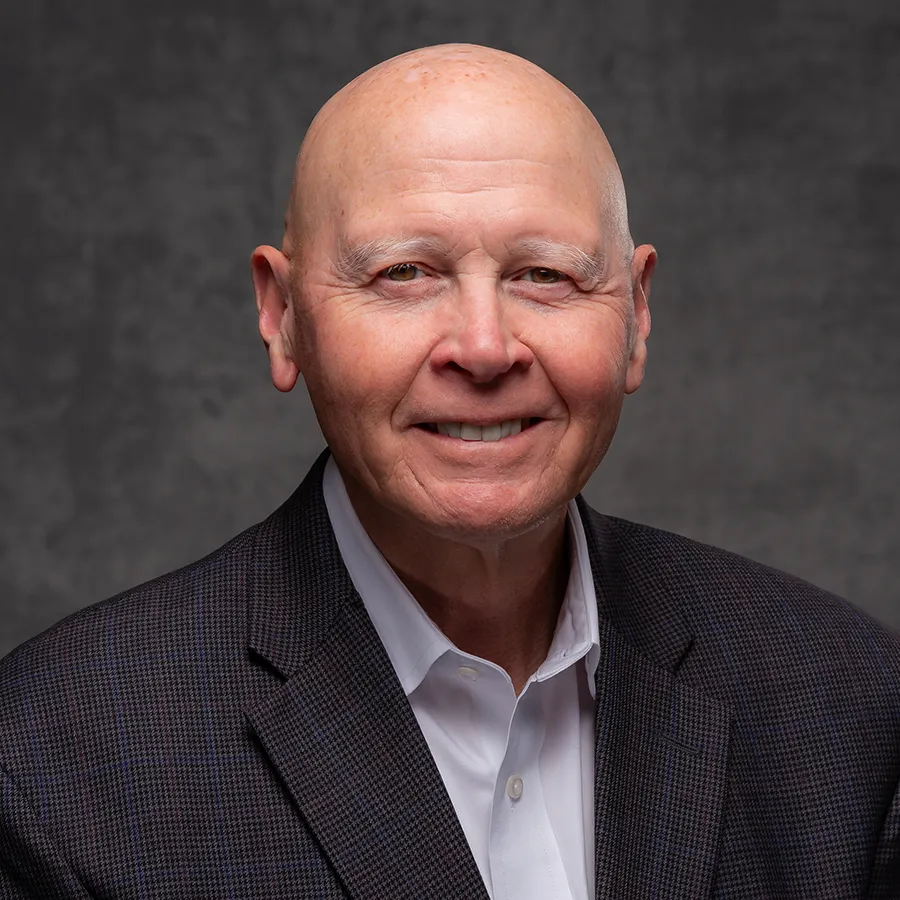In the mid-1980’s attorneys across the country recognized that millions of Baby Boomers would soon be entering retirement and Elder Law was identified as a special area of law practice. The National Academy of Elder Law Attorneys was established in 1987. The National Elder Law Foundation was founded in 1993, and began to offer the Certified Elder Law Attorney designation. Currently in the United States over 10,000 Baby Boomers turn 65 every day!
Recently Heard’s article entitled “What Are the Major Categories That Make Up Elder Law?” explains that the practice of elder law has three main categories:
- Estate planning and administration, including tax issues
- Medicaid, disability, and long-term care issues; and
- Guardianship, conservatorship, and commitment issues.
Estate Planning and Administration.
Estate planning is the process of managing your assets while you are alive, and determining who will inherit once you pass away. This is done through the creation of trusts and a last will. With a will in place, you can be assured to know that your estate will be distributed as you intended. Trusts can be used to protect and manage assets while you are alive, and can can protect the assets you leave your heirs. It’s important to work with an experienced estate planning attorney who understands the potential impact on benefits qualification and taxes.
Medicaid, Disability, and Long-Term Care Issues.
Elder law evolved as a special area of practice because of the aging population. As people grow older, they often have more medically-related issues. For war-time veterans of the US Military, the VA offers a monthly pension to offset the cost of care. Medicaid is a state-specific program that supports those who require a high level of nursing care, but have little or no income. The process of qualifying for and receiving these benefits is very complicated with expensive consequences if mistakes are made. Elder law attorneys help coordinate eligibility for these program, as well as trust creation, and the coordination of long-term care options.
Guardianship, Conservatorship, and Commitment Matters.
A mental illness, disability or mental impairment may mean that an individual cannot act rationally or make decisions on his or her own. A court may appoint an individual to serve as the guardian over the person or as the conservator the estate, when it determines that it is required. The most common form of disability requiring conservatorship is Alzheimer’s, and a court may appoint an attorney to be the conservator, if there is no appropriate relative available.
The best way to find a Certified Elder Law Attorney is to search the National Elder Law Foundation’s Database. You just type in your zip code and search range, and a list of attorneys who have earned NELF’s Certified Elder Law Attorney designation will be provided.
Contact our office today if you are ready to get started.
Reference: Recently Heard (May 26, 2021) “What Are the Major Categories That Make Up Elder Law?”




